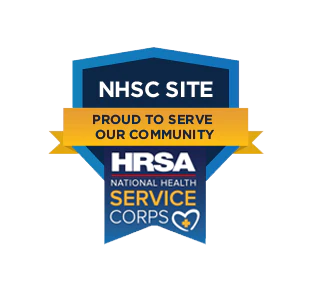Research shows that cats can have a positive impact on your mental health.
They provide a great source of comfort, companionship and motivation for their owners and help reduce anxiety and stress. This concept has also been referred to as 'purr therapy.'
Cats are not just great company, low maintenance and independent; they are also very good for you. Head of research and ex-veterinarian Dr Eva Chylarova says “Looking after a pet can bring structure to your day, reduce feelings of isolation and loneliness and act as a link to other people.”
The benefits of cat ownership on wellbeing
Myths about cat ownership and mental health
Recent stories of the link between ‘cat ladies’ and self-harm have been misunderstood. The reports are based on a study in Denmark which showed that women who had antibodies against Toxoplasma gondii (T.gondii), a parasite which can be caught from cat faeces, were more likely to go on to self-harm.
However, it is important to note that, although there appeared to be an association, this study did not prove that T.gondii infection was causing women to self-harm. There may have been various mental health, medical, personal or social causes which this study did not explore. In addition the study was specifically looking at the association between self-harm and the parasite itself, rather than those women who owned cats.
The parasite, although commonly found in cat faeces, can also be caught from unwashed vegetables, undercooked meat and contaminated water. In most people with the infection there are minimal or no symptoms, although pregnant women and people with impaired immunity do need to continue to exercise sensible precautions. Therefore it is having good hygiene which is key to preventing infection.
Not a cat fan?
Cats are not the only animal that can offer a great form of companionship. Other pets can also act as a form of therapy for a range of mental health problems and learning difficulties including depression, ADHD, loneliness and Autistic Spectrum Disorder.
Information taken from Mental Health Foundation.
If you need assistance for yourself or someone you know, don't hesitate to contact us at GBHWC.




